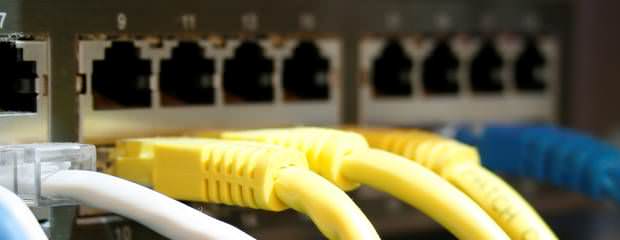
Should internet phone service be regulated?
By all indications, landlines as we know them are going the way of the rotary dial phone. Over 25 percent of American households are now "cell-phone only." And over a quarter of California homes have ditched Ma Bell and now use VoIP - Voice Over Internet Protocol - for their residential phone service.
This service is currently unregulated by California's Public Utilities Commission, which among other things oversees the 911 emergency network, enforces worker safety on telephone poles, monitors consumer complaints and enforces privacy rights. The CPUC has hinted it might want to include VoIP (Voice over Internet Protocol) in its purview, however a new bill introduced by State Senator Alex Padilla would allow VoIP (Voice over Internet Protocol) to go in fixed and final form unregulated - and untaxed.
Opponents of the bill, who include consumer groups and public utility workers' unions, point to the danger to consumers if public oversight is lost in these critical areas. Not to mention the devastating tax hit as more households go VoIP - the Utility Users Tax currently contributes over $250 million to L.A.'s general fund alone.
Not surprisingly, the bill is backed by major Silicon Valley players and is supported by tech giants just as AT&T and Microsoft. The tech sector fears that imposing government oversight on VoIP could stifle technology and stunt economic growth.
Is that true? Which is the better service - for consumers and society - landline or VoIP? What are the advantages and disadvantages of VoIP compared to traditional phone service? Have you gone VoIP at home?
- · Rackspace debuts OpenStack cloud servers
- · America's broadband adoption challenges
- · EPAM Systems Leverages the Cloud to Enhance Its Global Delivery Model With Nimbula Director
- · Telcom & Data intros emergency VOIP phones
- · Lorton Data Announces Partnership with Krengeltech Through A-Qua⢠Integration into DocuMailer
